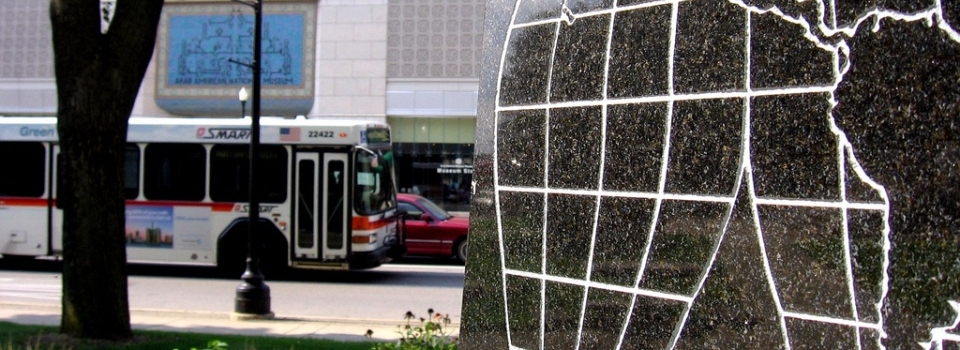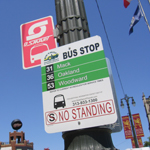
Detroit built the car, and we take pride in our automotive heritage. But the region started to run into problems when we let the car start building the region. By centering our transportation system around private vehicles, we’ve stranded people without them, and we’ve slowly emptied out the older communities that grew up around streetcars and interurban trains a century ago.
The Suburbs Alliance seeks to reverse that trend. Our member communities and their residents, particularly younger residents, continually identify transit as a top priority for their future. By reconstructing our metropolitan public transit network and providing safe streets for everyone, we will knit our region back together and restore prosperity that will benefit everyone.
Accomplishing this task will require unprecedented collective action on the regional scale. We know that we cannot go it alone, so we work closely with governments and community organizations across the region to build a movement and advocate for the complete transportation system that metro Detroit deserves.
 Regional transit: Our economy, our environment and our social fabric can all be enhanced by a well-designed and useful public transit system that connects our housing and job centers with local cultural and recreational amenities. Our policy team is coordinating regional advocacy to build that system.
Regional transit: Our economy, our environment and our social fabric can all be enhanced by a well-designed and useful public transit system that connects our housing and job centers with local cultural and recreational amenities. Our policy team is coordinating regional advocacy to build that system.
 Transform Woodward: M-1, the nation’s first paved highway, has been an icon for generations. We’re working to ensure this major corridor redevelops sustainably by promoting transit-oriented development and ensuring citizens are engaged in the planning process.
Transform Woodward: M-1, the nation’s first paved highway, has been an icon for generations. We’re working to ensure this major corridor redevelops sustainably by promoting transit-oriented development and ensuring citizens are engaged in the planning process.
 Transportation for Michigan: In coalition with nonprofits statewide, we are working with MDOT and the state Legislature to increase investments in road maintenance, context sensitive solutions and public transportation options.
Transportation for Michigan: In coalition with nonprofits statewide, we are working with MDOT and the state Legislature to increase investments in road maintenance, context sensitive solutions and public transportation options.
The Suburbs Alliance is kicking off Green Anchors, an ambitious project that aims to transform residential neighborhoods across our region, one house and one person at a time.
One of every nine bridges in Michigan is structurally deficient. Meanwhile, SEMCOG’s 2040 plan intends to use a large portion of its $40 billion budget to widen I-94 and I-75.